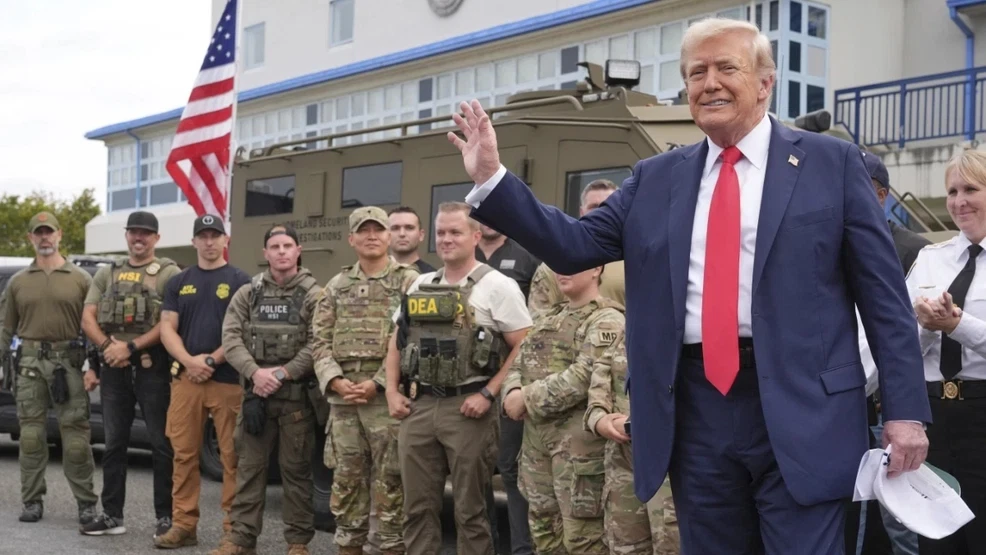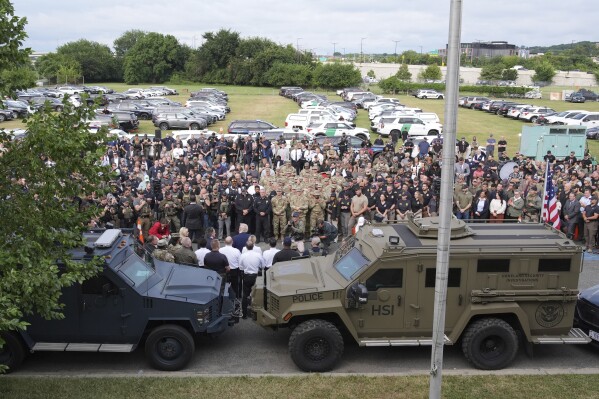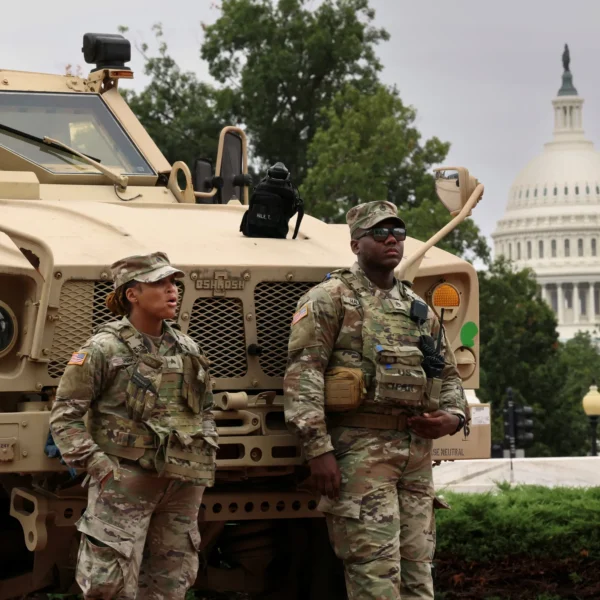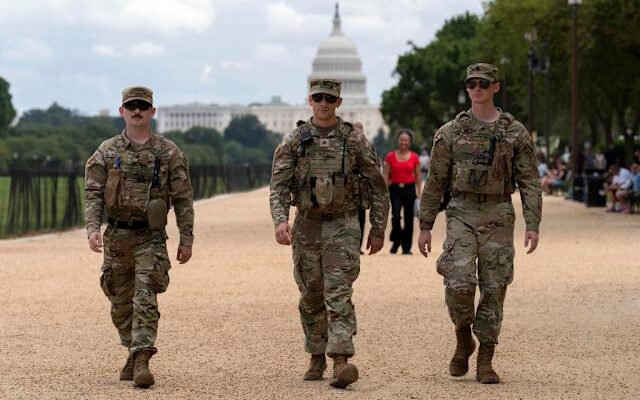Trump has ordered National Guard units deployed across the country to begin carrying weapons during their assignments, escalating concerns about the militarization of domestic law enforcement. The decision marks a significant shift from previous guidelines, which often limited Guard members to non-lethal support roles in order to avoid inflaming tensions during protests and civil unrest.

According to officials, the White House is also laying groundwork to expand the presence of federal troops in several U.S. cities, a move critics say represents an unprecedented use of the military in civilian spaces. Trump has long argued that cities struggling with crime and homelessness need “law and order” solutions, but opponents accuse him of using federal force to intimidate communities and suppress dissent.

Civil rights groups, state governors, and local leaders are pushing back, warning that the deployment of armed Guard units risks creating flashpoints that could spiral into violence. Legal experts also point out that the Posse Comitatus Act restricts the use of federal troops for domestic law enforcement, raising constitutional questions about the White House’s strategy.
Despite these warnings, Trump and his allies insist the measures are necessary to restore control in what he calls “lawless Democrat-run cities.” Behind the scenes, administration officials are reportedly working on legal justifications to expand the presence of federal forces into more urban areas, even where state leaders oppose the move.
Some local officials were harshly critical, with D.C. Councilmember Charles Allen saying Trump’s actions are “not of a president, but of someone on the march to an authoritarian takeover.”

The orders come at a time of heightened national division, with critics charging that arming Guard units blurs the line between civilian policing and military occupation. Governors in several states have signaled they may resist federal efforts to force deployments, setting up potential legal and political battles over who controls security on American streets.

